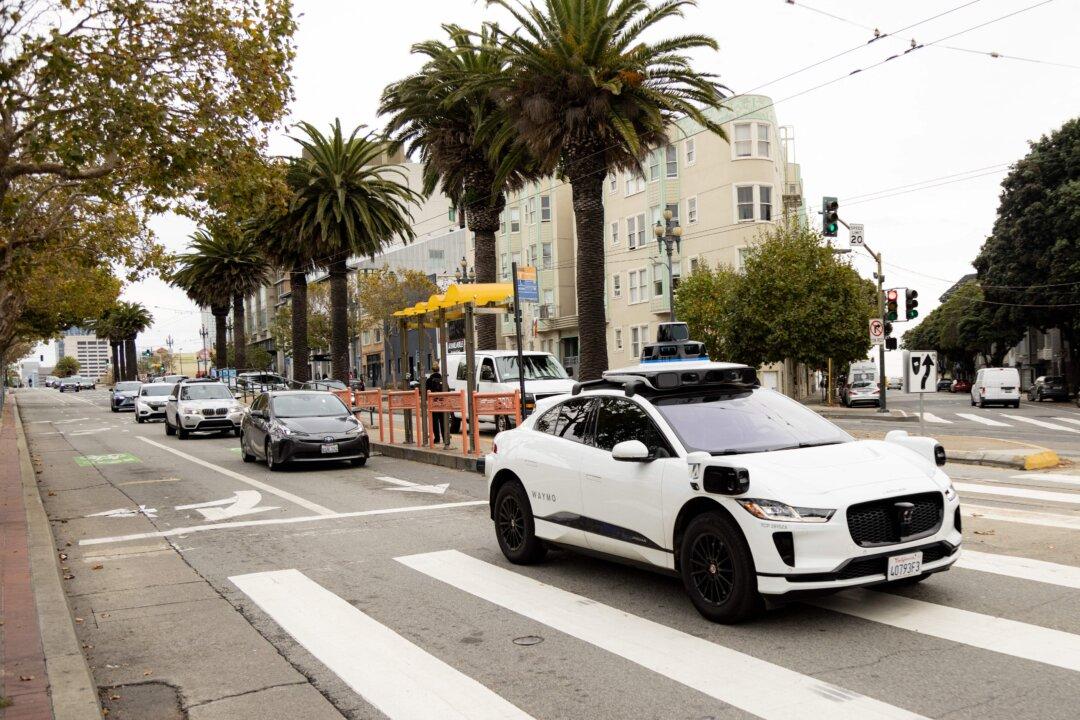State regulators approved the application of driverless car service company Waymo on March 1, effective immediately, to expand in areas of Los Angeles and San Francisco following a brief pause.
The California Public Utilities Commission (CPUC) had suspended Waymo’s request to expand on Feb. 21, giving commissioners until June 19 to review plans of the startup owned by Google parent company Alphabet amid pushback from officials in San Mateo and Los Angeles counties.





